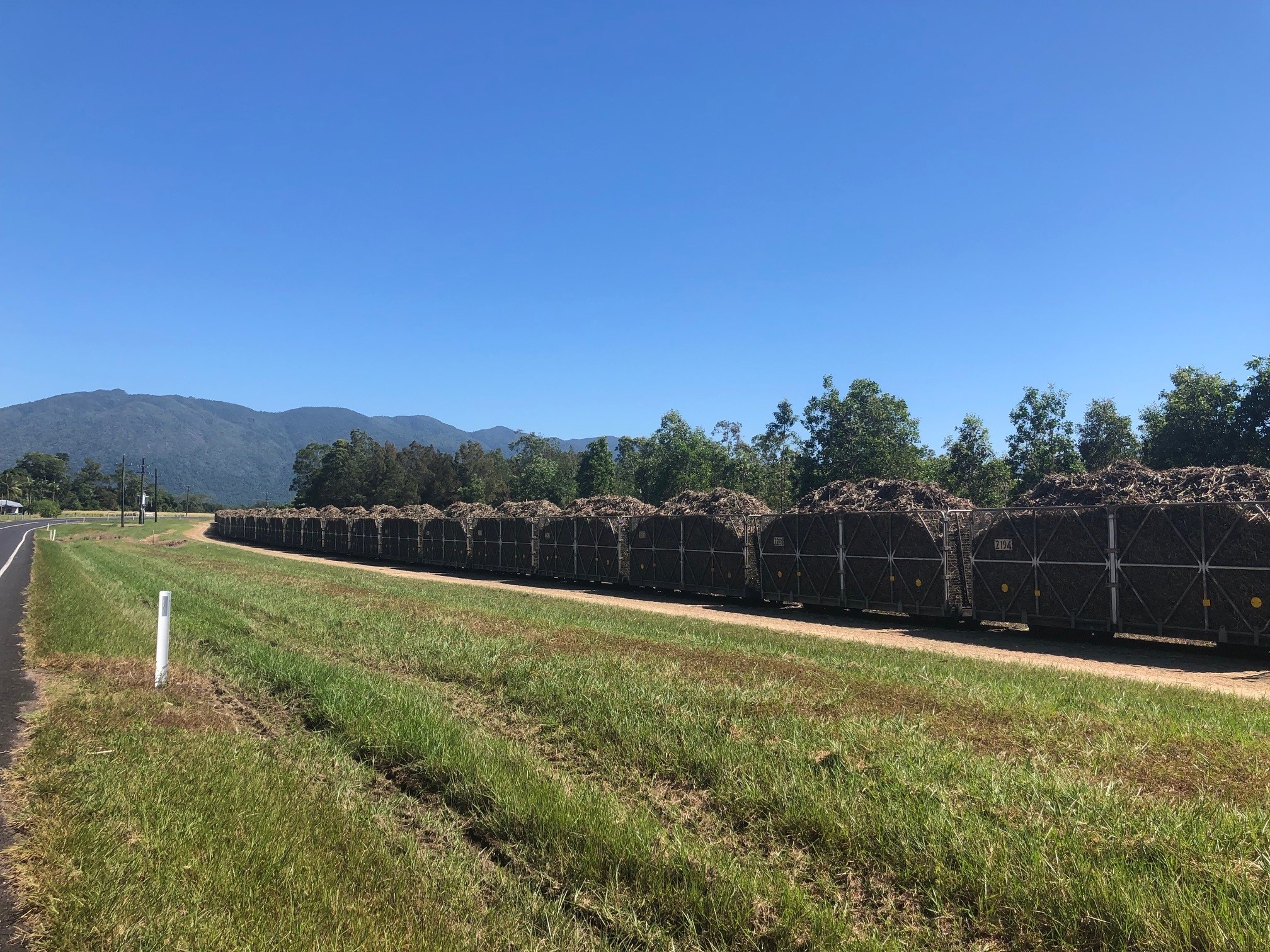26 April 2022. By AgForce Cane Board President Ricky Mio

It’s all too easy for people to harp on about how farmers are killing the Great Barrier Reef - but now that the real science says otherwise, why are we still in the firing line?
According to the latest Reef Water Quality Report Card 2020, ongoing improvements to water quality and Reef health mean things are looking up.
Indeed, progress is being made on two critical water quality improvement targets – we are almost halfway towards the 60 per cent target to reduce dissolved inorganic nitrogen loads by 2025 and more than halfway to the 25 per cent target to reduce fine sediment by 2025.
And let’s not forget last year’s report from The Australian Institute of Marine Science which revealed the Reef is more alive than ever with coral cover at a record high.
Yet the lies about pesticide run-off killing coral continue to spread, and I can’t help but wonder who is benefitting.
Take the scientists for instance. Why would they even want these perceived problems to go away when they are riding such a fantastic government gravy train?
With so many grants and funds available to research Reef health then it really is in their best interests to continue spewing vitriol to draw an income stream on hypothetical modelling - all the while pointing the finger at agriculture.
Independent scientists say we don’t need to do anything else to “save the Reef” because we’ve already saved it.
And farmers know the truth too.
Unfortunately, the latest Report Card only focuses on Government-funded Reef projects such as Smartcane BMP and fails to consider the voluntary and independent best practice of producers.
In reality, farmers are dropping these programs as fast as they can because of negative impacts on productivity and sustainability.
They know the Reef is in pristine condition, and it is now becoming farcical to continue pushing a concept which is completely and utterly flawed.
It’s high time governments stopped wasting public money on science fiction and start listening to the real story.

